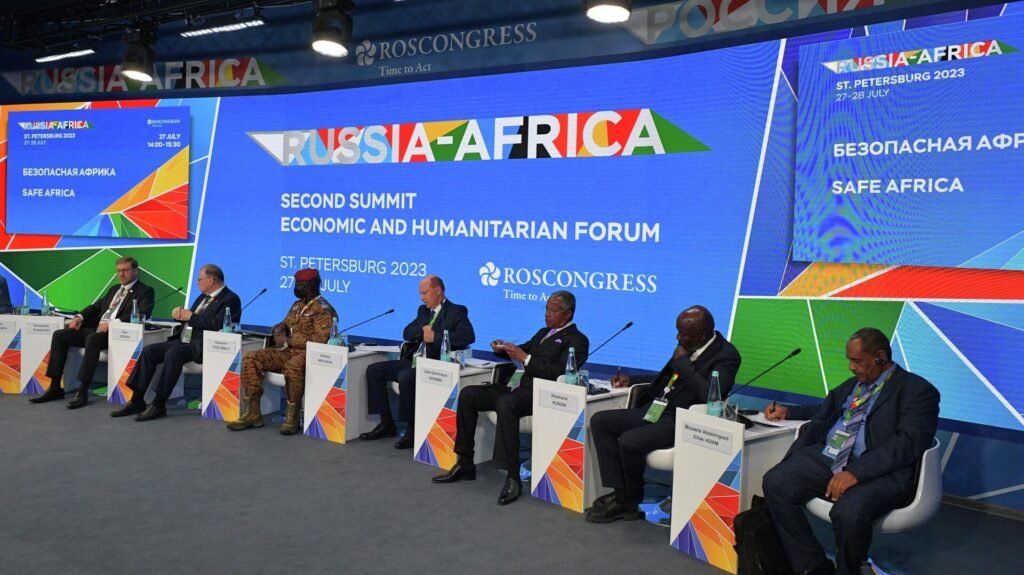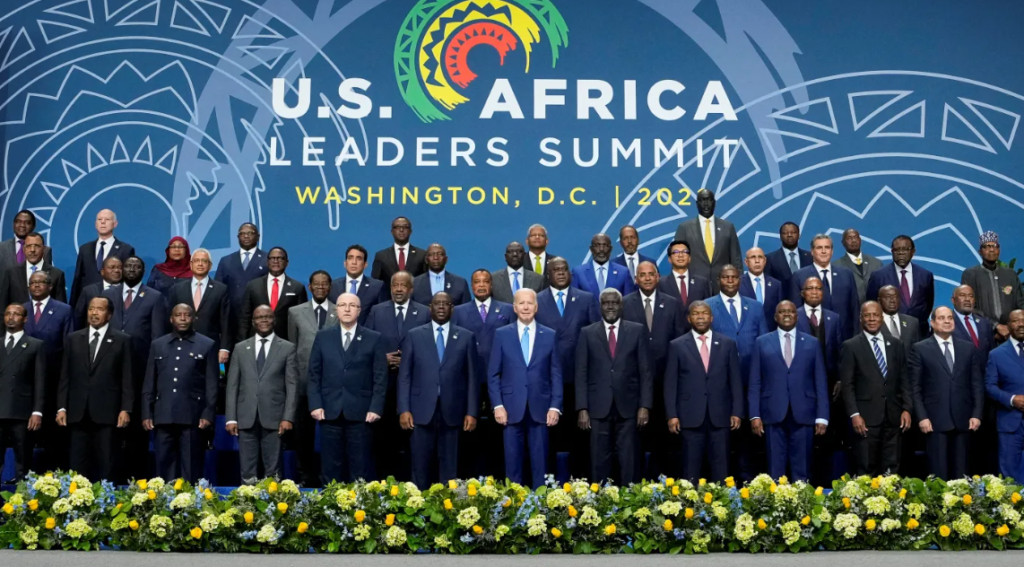Houston, Texas – As African leaders converge in Addis Ababa next month to elect the next chairperson of the African Union (AU), the stakes could not be higher. For decades, the AU has claimed to be the voice of the continent, yet its record is marred by chronic inaction, misplaced priorities, and an alarming tendency to align with foreign interests rather than address the urgent needs of its people. This is the moment to demand bold leadership capable of transforming the AU from a toothless institution into a genuine agent of change. Now is the time to redefine the AU’s purpose and push for leadership that genuinely represents African aspirations, not foreign interests or entrenched political elites.
One of the AU’s most ambitious projects—the creation of a single African currency—has crumbled under the weight of external influence. French-backed nations like Ivory Coast and Senegal, which remain tethered to the CFA franc, have been the main culprits in derailing the initiative. The CFA franc, a relic of colonialism controlled by France, continues to undermine Africa’s economic sovereignty. These countries have prioritized their ties to Paris over the economic liberation of the continent, leaving the single currency vision in tatters. This debacle illustrates a deeper issue: African leaders often allow foreign interests to dictate the continent’s trajectory, betraying the very principles of independence the AU was founded upon.

Another glaring example of Africa’s subservience is the proliferation of “All-African Summits” held in foreign capitals. Whether in Paris, Beijing, Moscow, or Washington, African leaders flock in droves at the summons of external powers, eager to negotiate the continent’s wealth on foreign soil. It raises the question: when will Europe, the USA, Russia, or China attend an “All-European Summit” in Abuja, Nairobi, or Johannesburg? Why must Africa constantly travel abroad to discuss its wealth and development instead of hosting these powers at home to showcase the continent’s potential?

The optics are humiliating. These summits are less about partnership and more about exploiting Africa’s resources. African leaders have reduced themselves to sheep, ready to respond to any whistle from across the globe, but rarely initiating movements that position the continent as a global leader. The new AU leadership must break this cycle of dependency, insisting on mutual respect and hosting summits on African soil. If Africa is truly valuable to these powers, they should be coming to Africa to negotiate—not the other way around.

Strongmen and Sit-Tight Leaders: A Blight on Progress
Beyond external influence, internal governance failures remain a massive hurdle for the AU. The scourge of “sit-tight” leaders continues to plague Africa, undermining democracy and development. Equatorial Guinea’s Teodoro Obiang Nguema has ruled for over 44 years, making him the world’s longest-serving president. Rwanda’s Paul Kagame, Uganda’s Yoweri Museveni, and Cameroon’s Paul Biya—who has clung to power for 42 years and, at 92, plans to run for yet another seven-year term—are emblematic of Africa’s strongman syndrome.
What does the AU think of this? The answer appears to be nothing. The organization has remained shamefully silent on these dictatorships, failing to uphold the democratic values it claims to champion. Instead, the AU has become a club for entrenched elites, unwilling to confront its members on issues of human rights, governance, and accountability.
The new leadership must be bold enough to speak truth to power, challenging dictators and promoting democratic principles. It must stop enabling leaders who prioritize personal power over national progress and begin holding them accountable for the harm they inflict on their countries.
Conflicts and Unresolved Crises: A Call for Action
Africa’s unresolved conflicts continue to highlight the AU’s weaknesses. From the nine-year Ambazonian war in Cameroon to the instability in the Sahel, from the unrecognized status of Somaliland to the enduring crises in the Democratic Republic of Congo and Sudan, the AU has failed to provide decisive leadership. Millions of Africans suffer under the weight of these conflicts, while the AU offers little more than empty rhetoric.
The institution’s inability to address these crises stems not from a lack of capacity but from a lack of will. Its leadership has been too focused on appeasing foreign allies or protecting the status quo to take the bold actions necessary to resolve these issues. The new AU chairperson must prioritize conflict resolution, working with regional blocs and international partners to bring peace and stability to the continent.
The AU has long been a beacon of unfulfilled promises. Its leaders talk endlessly about integration, peace, and development, yet their actions rarely match their words. Open borders, for example, remain a dream deferred. While Ghana and Kenya have embraced visa-free travel for African nationals, most African countries maintain barriers that stifle trade, movement, and economic growth. The African Continental Free Trade Area (AfCFTA) is a step in the right direction, but without genuine commitment to integration, it risks becoming another hollow initiative.
Africa deserves leadership that is unapologetically African—leadership that prioritizes the needs and aspirations of its people over the demands of external powers. The new AU chairperson must challenge the status quo, addressing both external exploitation and internal failures with equal vigor.
A Time for Change
The AU was founded on the dream of a united, prosperous, and self-reliant Africa. That dream remains elusive, but it is not unattainable. The new leadership in Addis Ababa has an opportunity to reset the continent’s trajectory. It must reject the legacy of subservience, confront the challenges of dictatorship and conflict, and take bold steps toward integration and self-determination.
Africa is at a crossroads. It can continue to be led by those who serve foreign interests and protect entrenched power, or it can rise under leaders who truly speak for the people. The choice is clear. The question is whether the AU has the courage to make it.

